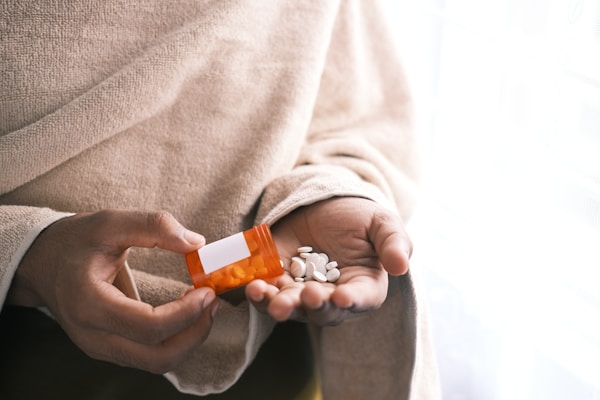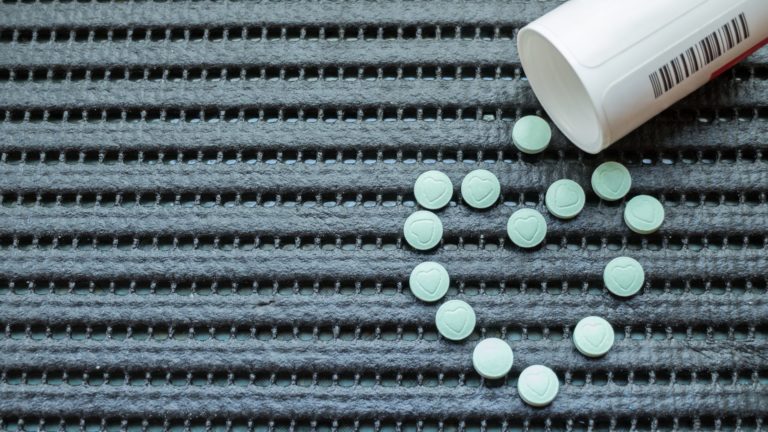There are many things to consider when taking medication, such as the dosage, timing, and possible interactions with other substances. However, one of the most important things to keep in mind is safety. Understanding medication safety is crucial for both patients and health care providers. Keep reading to learn more about medication safety.
Always take medications as prescribed.

The first key tenet is to always use medications as prescribed by a health care provider. This means taking medications exactly as they are prescribed, not altering the dose or frequency without consulting a provider, and not taking someone else’s prescription.
If you are taking any other drugs or supplements, whether prescribed or over-the-counter, it’s important to notify your doctor or health care provider. Drug interactions may occur when two or more drugs are taken at the same time and can lead to adverse drug events. Some medications can also make other drugs less effective or increase the risk of side effects.
Make sure to report any adverse effects to your doctor right away. Do not stop taking medication without consulting your doctor, as this can also be dangerous.
Follow these tips for medication use.
Water is essential to life, and it’s just as important when you’re taking medication. When you’re taking medication, it’s important to drink plenty of water to help the medicine move through your body and to avoid potential side effects like dehydration.
If you are having trouble swallowing pills, ask your doctor or pharmacist for advice. Your health care provider can offer some tips for taking your prescription medicine more easily.
Never crush or chew your medicine unless otherwise instructed to do so by your health care provider. Crushing or chewing your medications can lead to serious adverse drug events.
Read the prescription medicine label carefully.

When taking medication, it is important to follow the directions on the label. Never crush or chew tablets or capsules as this can increase the risk of adverse drug events and side effects. Swallowing them whole allows them to be absorbed into the bloodstream more slowly and reduces the risk of side effects.
Many prescription medicines need to be taken with food or with adequate amounts of water. Some medicines should be taken at certain times of the day or only as needed. It’s important to read the prescription label carefully to understand any potential side effects or restricted activities. For instance, certain medicines cannot be taken before driving or operating heavy machinery.
Store medications properly.
It’s important to store prescription medicines in their original containers and keep them in a safe place. This helps to ensure that the medication is taken correctly and that there is less of a chance for an accident to occur. It also helps to ensure that patients can easily identify the medications they are taking and that the medications remain effective.
It is also important to avoid exposing medications to extreme temperatures, heat, or moisture, as this can cause them to deteriorate or lose their potency. This is why it is necessary to store medications in a cool, dry place.
When you have children or other vulnerable loved ones living in your home, you must store medication in a place where it cannot be easily reached. It may be necessary to keep your prescriptions in a lockbox or safe. If medicine has expired or you are no longer taking it, be sure to follow proper guidelines for disposal.
Overall, it’s important to understand and follow the key tenets of medication safety to prevent medication errors and avoid serious side effects. By following the key tenets, health care providers can ensure that patients are getting the correct medication, at the correct dose, and at the correct time.

